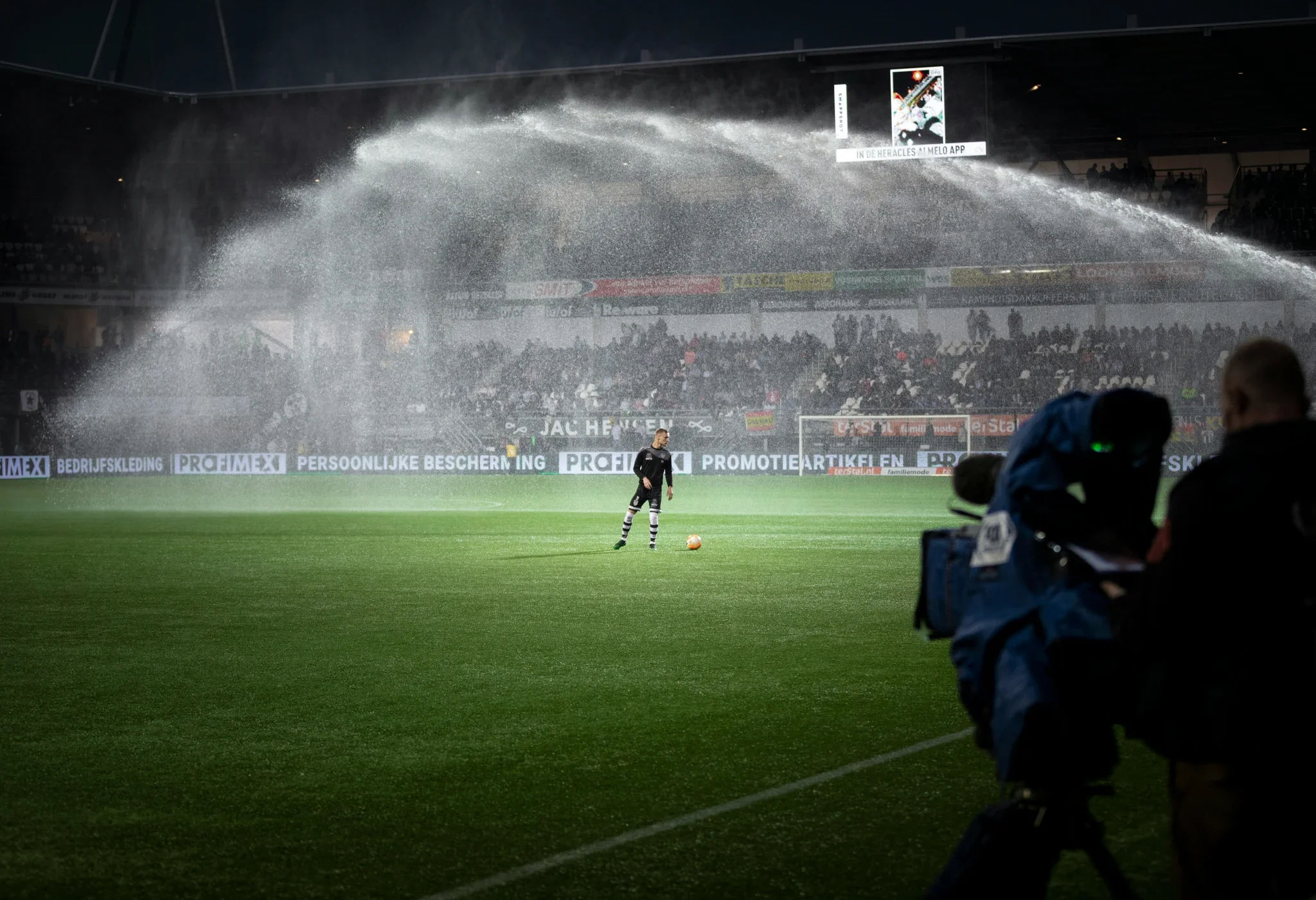Professional Athletes and Mental Health: Fostering Well-being with Discretion and Safe Spaces
© 2025 Amanda Phillips, LCSW. All Rights Reserved.
If you or someone you know is looking for mental health support, contact Amanda Phillips at AEP.LCSW@gmai.com or go to www.MYAPTherapy.com for more information
Virtual Therapy in NY & NYC
The world of professional sports often portrays athletes as invincible titans, embodying peak physical prowess and unwavering mental fortitude. Yet, beneath the veneer of triumph and resilience lies a human being susceptible to the same mental health challenges that affect the general population, amplified by unique pressures. In recent years, there has been a growing and much-needed shift towards destigmatizing mental health in sports, with more athletes openly sharing their struggles and seeking professional support. This evolution highlights the critical importance of accessible, discreet, and professionally delivered mental health services, offering athletes a vital space to process their emotions away from the public eye.
The Pressures of the Professional Sporting Arena
Professional athletes face an array of intense and often isolating pressures. The constant scrutiny from fans, media, and even their own teams can be immense. Performance demands are relentless, with every game, match, or competition carrying the weight of expectations, contracts, and career longevity. Injuries, rehabilitation, and the fear of career-ending setbacks add significant psychological burdens. Furthermore, athletes often navigate transitions, such as moving to new cities, dealing with financial complexities, or facing the eventual retirement from their sport—each phase presenting its own set of mental health considerations. These factors, combined with personal life challenges, can lead to increased anxiety, depression, burnout, and other mental health concerns.
The Imperative of Discretion and Professionalism
For athletes, especially those in high-profile positions, the decision to seek mental health services is often fraught with concerns about public perception, team dynamics, and potential career repercussions. This underscores the paramount importance of discretion and professionalism from mental health providers. Any breach of confidentiality can be devastating, leading to media sensationalism, loss of endorsements, and a breakdown of trust between the athlete and their support system.
Mental health professionals working with athletes must adhere to the highest ethical standards, ensuring strict confidentiality and creating an environment where athletes feel entirely safe to be vulnerable. This includes private consultation spaces, secure record-keeping, and clear communication about the boundaries of confidentiality, particularly when working within a team or organizational structure. Professionalism also extends to understanding the unique culture of sports, appreciating the demands on athletes' time, and offering flexible, culturally competent care that respects their schedules and specific needs. When athletes trust that their privacy is paramount, they are far more likely to engage authentically in therapy and derive maximum benefit.
Creating a Safe Space for Emotional Processing
Beyond discretion, the very essence of effective mental health support for athletes lies in providing a safe and dedicated space for them to process emotions. In a world where their bodies and performances are constantly analyzed and judged, athletes rarely have an outlet to simply be human. They are often expected to project an image of strength and invulnerability, making it difficult to express fear, sadness, frustration, or vulnerability without feeling weak or impacting their competitive edge.
A therapeutic setting offers this invaluable sanctuary. It is a place where they can:
Decompress: Unload the mental and emotional baggage accumulated from training, competition, and public life.
Explore Identity Beyond Sport: Grapple with their identity outside of their athletic achievements, especially as they consider post-career transitions.
Develop Coping Strategies: Learn healthy ways to manage performance anxiety, stress, anger, disappointment, and the inevitable highs and lows of their profession.
Process Trauma and Loss: Address past traumas, including sport-related injuries or personal losses, without judgment.
Reinforce Resilience: Build psychological resilience not by suppressing emotions, but by understanding and integrating them.
This private space allows athletes to shed the "athlete persona" and connect with their authentic selves, fostering emotional intelligence and self-awareness crucial for both on-field performance and overall life satisfaction.
Conclusion
As conversations around mental health continue to evolve, the recognition of professional athletes' needs is a vital step forward. By prioritizing discretion, upholding rigorous professionalism, and championing the creation of truly safe spaces for emotional processing, the sports community can empower its stars to not only excel in their chosen fields but also to thrive as healthy, well-adjusted individuals. Investing in comprehensive mental health services is not just an act of compassion; it is a strategic investment in the holistic well-being and sustained performance of our athletic heroes.
© 2025 Amanda Phillips, LCSW. All Rights Reserved. If you or someone you know is looking for mental health support, contact Amanda Phillips at AEP.LCSW@gmail.com or go to www.MYAPTherapy.com for more information
